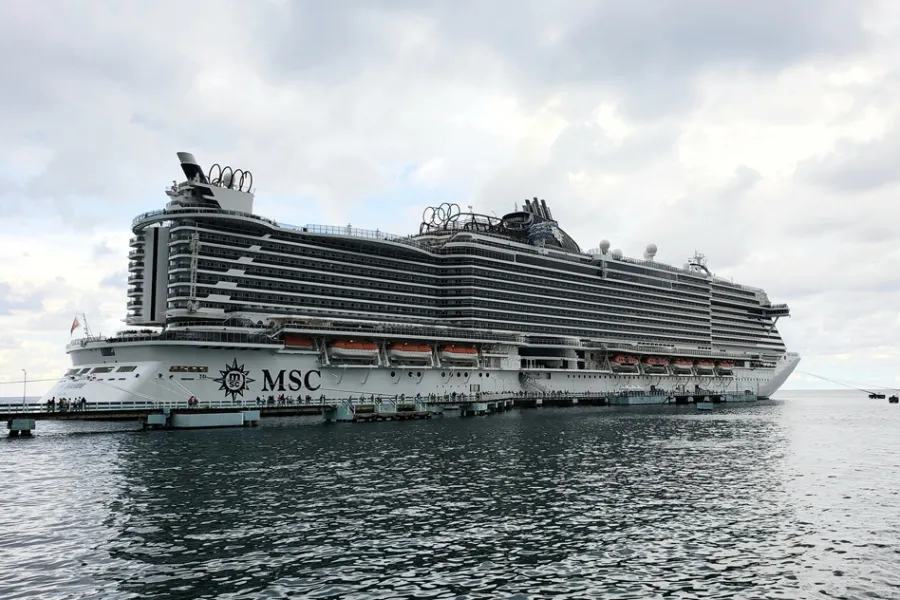
Three French men were sentenced on Monday by a court in Genoa for their involvement in the rape of a 19-year-old Italian student aboard an MSC cruise ship last year. The Genoa tribunal handed 10-year prison terms to two of the men, while the third received a 5-year and 4-month sentence. All three had been accused of participating in the sexual assault of the student on the cruise ship MSC Seaside during the night between May 17 and 18, 2024, as the ship sailed off the coast of Genoa.
The victim, a university student from Rome, was traveling on a school trip when she met two of the French men, who had boarded the ship earlier in Marseille. According to court documents, she was invited to their cabin for a drink, where the first sexual encounter allegedly occurred. While the first defendant was acquitted of non-consensual intercourse in that instance, he was later convicted of sexual violence in complicity when the second man entered the cabin and assaulted the victim.
The third man, described in the proceedings as a passive "spectator", did not engage in physical contact but was convicted for his involvement under Italian law.
A fourth individual, a minor and acquaintance of the convicted men, also entered the cabin during the incident. The Juvenile Prosecutor’s Office has since requested to close the case against him.
The judges ordered that the victim receive a provisional payment of €15,000, with further civil damages to be determined in a separate proceeding.
All three defendants were arrested upon arrival in Genoa and later allowed to return to France, where they remain under house arrest pending appeal.
Their legal team has already signaled plans to challenge the verdict, citing jurisdictional concerns. Defense lawyers argue that the incident occurred in international waters off the French coast, rendering the intervention by Italian authorities and the Genoese court's jurisdiction illegitimate.
Interestingly, Monday’s ruling exceeded the sentencing requests of Deputy Prosecutor Federico Panichi, who had initially sought penalties ranging from 5 to just over 9 years.
Despite that, the court delivered a clear message with its decision, concluding a case that has stirred debate over cruise ship safety, international law, and the legal accountability of passengers in multinational environments.












